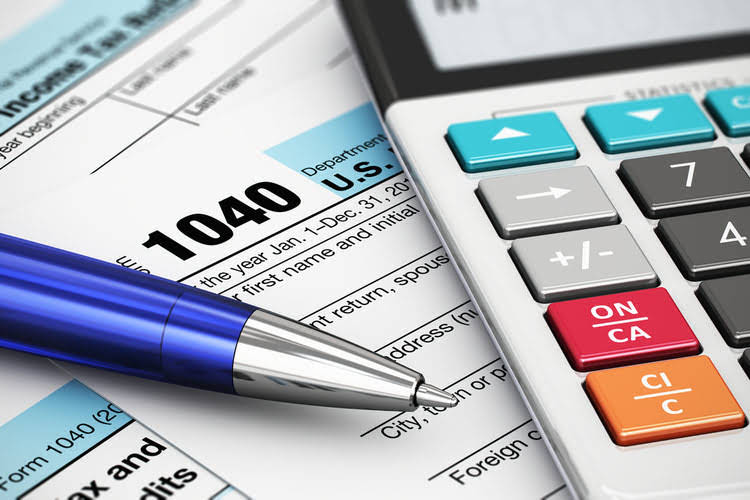
Proper bookkeeping lays the foundation for the making of all key operating, investing, and financial decisions. You can contact us If you https://www.svmhimrashmi.org/how-to-calculate-depreciation-on-a-rental-property/ require any assistance with your 1120 tax return. The Taxpayer Advocate Service (TAS) is an independent organization within the Internal Revenue Service (IRS).

Publication 969 ( , Health Savings Accounts and Other Tax-Favored Health Plans
If contributions were made to your HSA based on you being an eligible individual for the entire year under the last-month rule, you must remain an eligible individual during the testing period. If you can receive benefits before that deductible is met, you aren’t an eligible individual. By understanding this rule, keeping good notes, and having a thoughtful documentation strategy, taxpayers and businesses have a smoother compliance process and reduce the risk of an audit. The IRS recommends keeping receipts for all business expenses paid for, even for those under $75. Documentation is key when claiming expenses on your tax return, especially for business Certified Public Accountant travel, meals, and certain out-of-pocket expenses.
Accounting Basics 101: What Small Business Owners Must Know
- A plan may allow either the grace period or a carryover, but it may not allow both.
- Although mainly an accounting software, QuickBooks Online has a receipt-scanning feature.
- Join 500+ business owners in the know, getting the latest accounting news in the wine business.
- Beginning with the first month you are enrolled in Medicare, your contribution limit is zero.
- You can contribute the full amount because you earned more than $4,500 at TR.
Look for ways to improve efficiency, such as upgrading software, reorganizing file systems, or integrating new tools. With Ramp’s intelligent automation, you’ll never worry about IRS compliance again. Tax compliance for business receipts may be less complicated than you think, especially once you know the rules. Small businesses should retain copies of contracts, agreements, and legal documents related to the operation of the business. These records can be valuable in addressing legal or tax-related issues.

The $75 rule and expense reimbursement plans
The rules are more lenient if your business is a sole proprietorship, and all its expenses are subject to the personal property deduction. Here are some of the most important receipts you should keep for your business. To adequately store these records from banks or merchants, you need only download your digital statements and save them in categorized folders. If you have the time and resources (and want to stay ahead of your bookkeeping), you can make a point of organizing these expenses on an ongoing basis.

You can set your own threshold, but make sure it is lower than $75. Another way to file receipts is in chronological order from the most to the least recent. This method is beneficial if there aren’t many expense types and if you want to file the irs receipt requirements receipts for a long time, for example, six years. You can allocate a file for each year and arrange them chronologically from January to December.
That said, cash expenses are more likely to raise eyebrows during an audit, so maintaining detailed records is critical. Shoeboxed is a digital tool designed to help businesses manage and organize their receipts and other financial documents, making it especially useful for handling tax receipts. Develop a routine habit of processing receipts after transactions occur. This habit can prevent the buildup of unrecorded expenses and makes income tax preparation easier.
IRS Requirements For Donation Receipts

This reduces the likelihood of errors in tax filings, which can be costly and time-consuming to correct. The IRS has specific guidelines on what constitutes a valid receipt for tax purposes. Knowing these requirements helps ensure that the IRS will accept your documentation in the event of an audit. This is crucial to avoid penalties, interest, or additional taxes due to non-compliance. If you happen to get audited and don’t have all of your receipts for business expenses, you may be able to recreate the information from additional sources, as listed in the first section above. Organize receipts by category (e.g., travel, meals, supplies) and date, then store them digitally or physically with clear labels.
